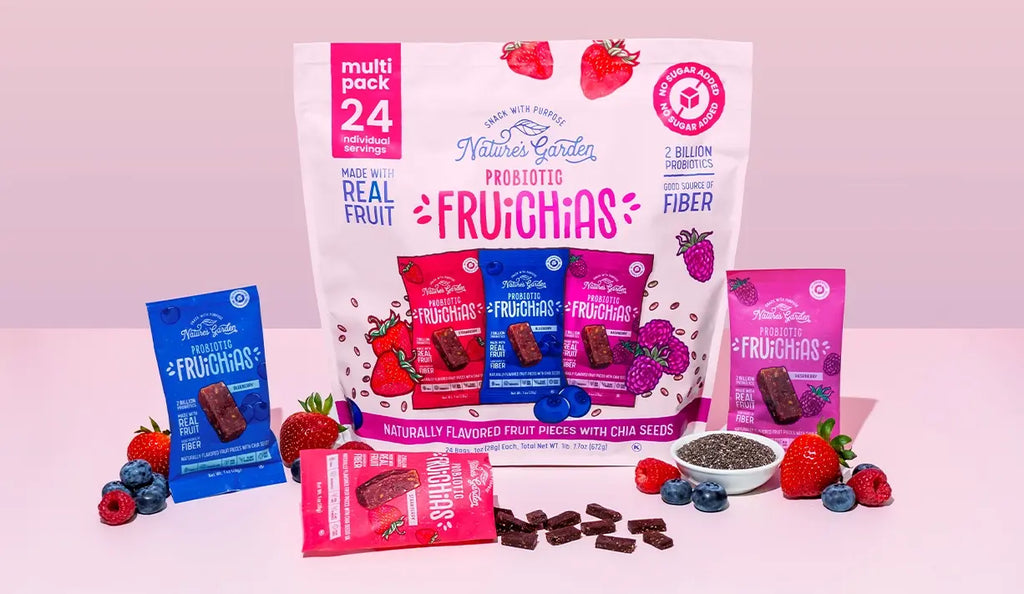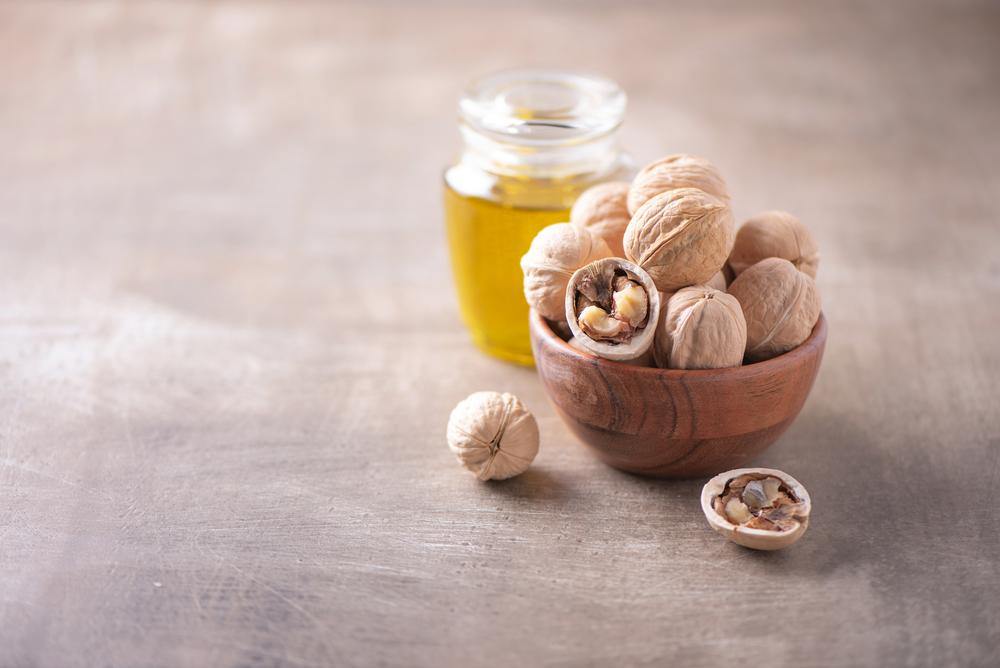Creating a healthy diet isn’t always the easiest thing. At times it involves some sort of sacrifice, whether it be flavor, portion size, or cutting out something that you really enjoy like dessert because of their saturated fats. While walnuts aren’t the solution to all of our dietary questions, they definitely do hold a number of answers for creating healthy eating habits.
Similar to most other nuts categorized in the ‘protein’ food group, walnuts are a very hearty food. Robert H. Shmerling, MD of Harvard writes, “Previous studies have found that people with higher nut consumption have improved cardiovascular risk factors and lower rates of cardiovascular disease. For example, several trials have linked nut consumption with lower blood pressure and cholesterol levels.”
Benefits of a Walnut-Enriched Diet
Walnuts are nutrient-dense nuts that offer a variety of health benefits. Some of those health benefits include:
- Heart health: Walnuts are known for their heart-healthy properties. They contain omega-3 fatty acids, specifically alpha-linolenic benefits. Regular consumption of walnuts may help lower cholesterol levels, reduce inflammation, and improve overall heart health.
- Brain health: The omega-3 fatty acids found in walnuts are also linked to cognitive function and brain health. They may have neuroprotective effects and contribute to improved cognitive abilities and memory.
- Antioxidants: Walnuts are rich in antioxidants, including polyphenols. Antioxidants help combat oxidative stress and inflammation in the body, potentially reducing the risk of chronic diseases.
- Weight Management: Despite being calorie-dense, incorporating walnuts into a balanced diet may aid in weight management. The satisfying nature of walnuts, along with their protein and fiber content, can help promote a feeling of fullness, reducing overall calorie intake.
A study published by the American Journal of Nutrition, suggested that walnuts are a good choice when being health conscious. Robert H. Shmerling, MD of Harvard summarized that, “this latest analysis combined data from 26 previous trials that included more than 1,000 people; compared with those on a regular diet, those consuming a walnut-enriched diet had:
- Lower total cholesterol (by about 7mg/dL, representing a 3% greater reduction)
- Lower LDL cholesterol (by about 5.5mg/dL, a 4% greater reduction
- Lower triglycerides (by about 5.7mg/dL, a 5.5% greater reduction)
- Lower apoprotein B (a protein linked to cardiovascular disease) by nearly 4 mg/dL
While these improvements in blood lipids were rather small, larger improvements (for example, a 12 mg/dL drop in total cholesterol) were noted when the comparison diet was a typical US or western diet (that is, a diet high in red meats, high-fat dairy foods, and artificially sweetened foods.)”
Walnuts and Keto
Walnuts are a great solution for curbing hunger while on a keto diet. Here are a few things you need to know about the benefits of walnuts:
- Walnut Calories: Compared to vegetables for example, walnuts are a bit denser in their calorie makeup. But these calories are loaded with the nutrition you need to stay satiated after a snack. An ounce of walnuts contains about 220 calories and that is something to account for when deciding on our families’ snacks.
- Walnuts Macros: Are you counting macros while following a keto diet? Consuming a 1-ounce serving of walnuts means that you are getting 20g fat, 5g protein, and only 1.8g carbs. This balance is perfect to keep your body in ketosis if that’s a dietary goal that you and a health professional have discussed.
Overall, the goal of a keto diet is to put the body into a state of ketosis in which the metabolism burns fat instead of carbs for fuel. With walnuts macro makeup listed above, they seem to check many boxes necessary for a keto diet snack.
Walnut Usage
Walnuts are commonly used in both sweet and savory dishes. They can be eaten raw, roasted, or added to salads, desert, baked goods, cereals, oatmeal, yogurt, and trail mix. There are even other varieties of walnuts like the black walnut which has been linked to many health benefits. Walnuts can be eaten daily even, with professionals stating that up to one ounce per day is sufficient. With their versatility and evident positive health effects, walnuts are definitely one of those foods that are easy to incorporate into our and our families’ diets. Nature’s Garden has several different offerings of walnuts across their product line including in the Omega-3 Deluxe Mix, Keto Deluxe Mix, High Energy Mix, Cranberry Health Mix, and in the Mega Immune Snack Pack Mix. All of these options bring the positives of walnuts and more to our fingers so grab a pack today!
Pecans Nutrition Overview
For a serving size of 1 serving (30 grams) of pecans, here are the nutritional details:
















